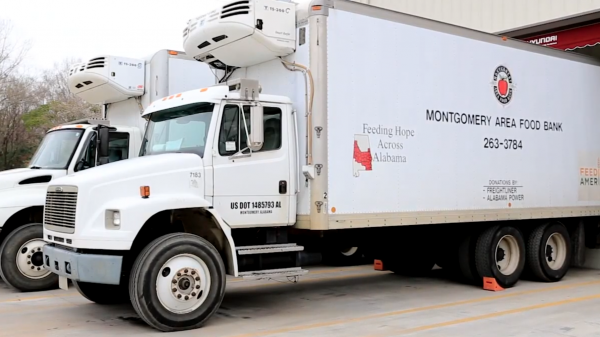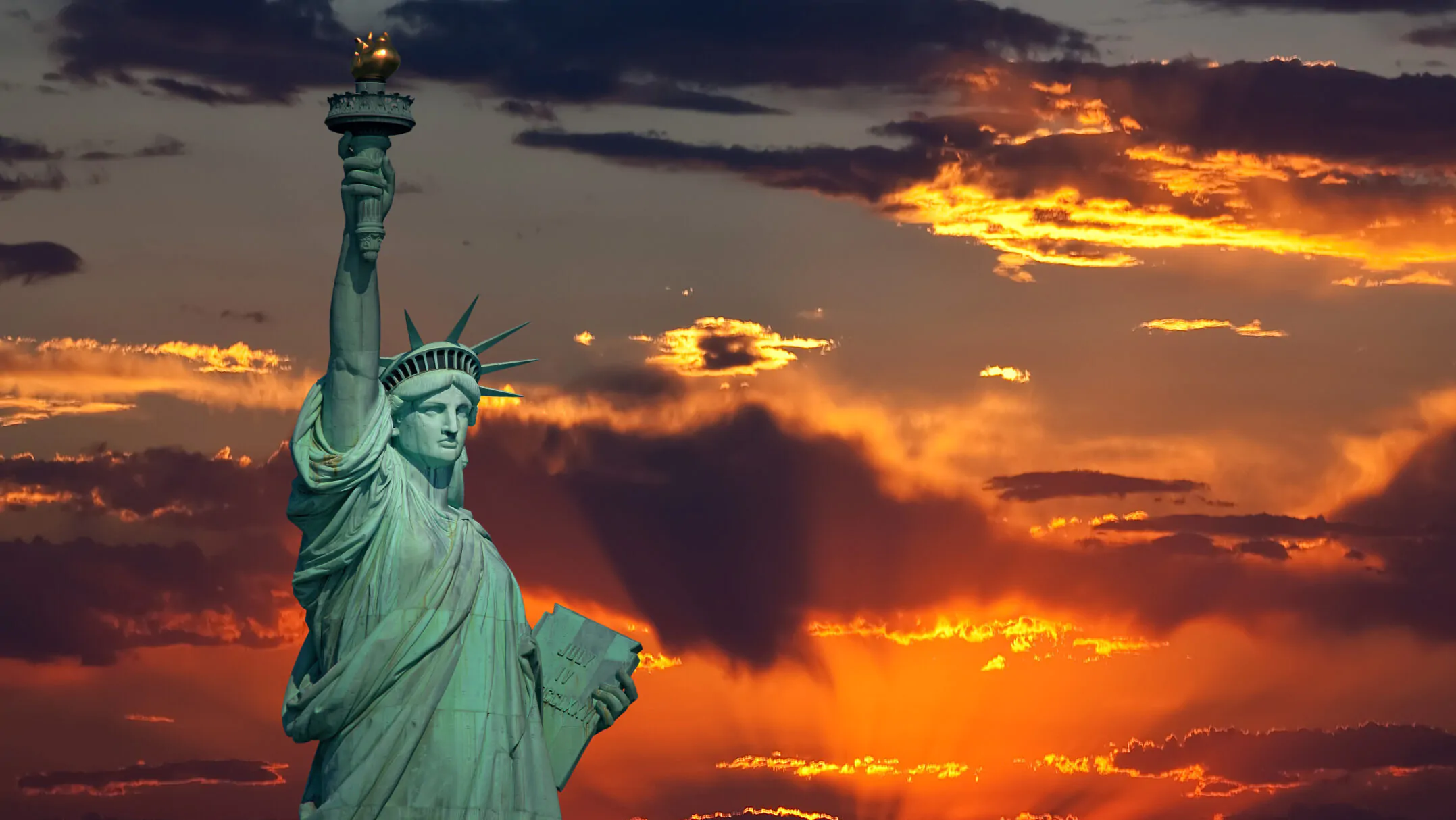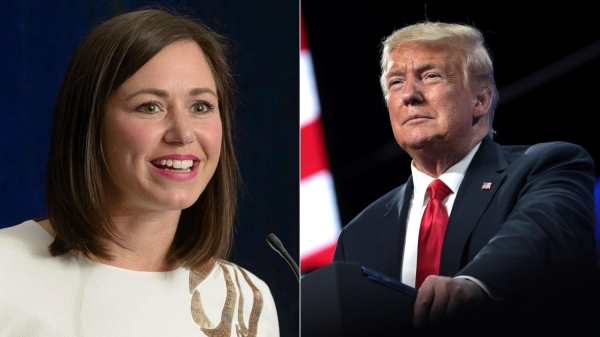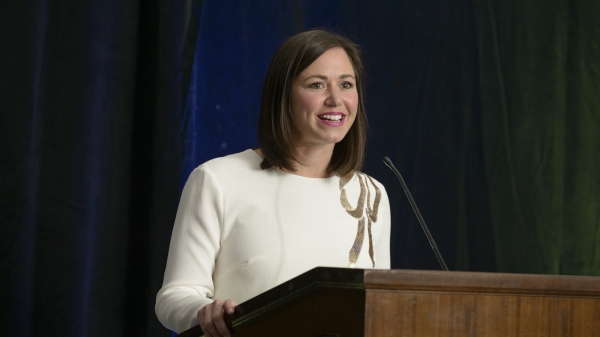The debate over birthright citizenship is more than a legal argument—it’s a reflection of who we are as a nation. The Fourteenth Amendment, born in the aftermath of the Civil War, enshrined the promise that anyone born on American soil is a citizen, regardless of their parents’ origins. It was a bold, inclusive declaration of equality, ensuring that no state could deny the rights of citizenship to formerly enslaved individuals and their descendants. Now, a vocal contingent seeks to undo this promise, twisting its intent and undermining the ideals upon which this country was built.
Critics of birthright citizenship seize upon the phrase “subject to the jurisdiction thereof,” claiming it excludes children of undocumented immigrants. They argue that the framers of the Fourteenth Amendment never intended to extend its protections to such individuals, ignoring the debates of the time that explicitly embraced the principle of jus soli—citizenship by virtue of birth on American soil. These arguments are not new. The same logic was rejected by Congress in 1868, and later by the Supreme Court in United States v. Wong Kim Ark (1898), when it ruled that children born in the United States, regardless of their parents’ status, are citizens under the Constitution.
The opponents’ case often relies on fear and division. They claim that birthright citizenship acts as a “magnet” for unlawful immigration, perpetuating the myth of so-called “anchor babies.” Yet, data consistently shows that most immigrants come to the United States for economic opportunity or safety, not to exploit some imagined loophole. The suggestion that birthright citizenship burdens taxpayers ignores the vast contributions immigrants make to our economy, from fueling industries to driving innovation. We’ve built this nation with the labor, entrepreneurship, and leadership of immigrants and their descendants. Denying citizenship to children born here denies that fundamental truth.
America’s story has always been a tale of arrivals. John F. Kennedy, Barack Obama, and Donald Trump owe their opportunities to immigrant parents or grandparents. Their families came from Ireland, Kenya, and Germany in search of the chance to thrive in a nation that promised equality. In contrast, the first Americans—the Indigenous peoples of this land—never had the luxury of arrival. Their roots run as deep as the soil itself, yet their place in this nation was denied and diminished for centuries. Similarly, the ancestors of African Americans were forcibly brought here, stripped of autonomy and dignity, but their descendants were later promised full inclusion through the same Fourteenth Amendment now under attack.
This is the paradox of America: a nation where the newly arrived and the long-established must coexist, each adding their strength to the whole. My own family traces its American lineage back ten to twelve generations, but this does not make me “more American” than a first-generation immigrant or their child. To measure one’s worth by the tenure of their family tree is unworthy of a nation founded on the idea that all are created equal.
At its heart, the campaign against birthright citizenship is an un-American idea. It weaponizes fear of the “other,” turning the immigrant, the stranger, into a target for political gain. But America’s strength has always been its ability to welcome, not exclude. From our earliest days, this country has been a refuge for those seeking a better life, and its Constitution reflects that. What does it say about us as a people if we deny the very principles that made this nation a beacon of hope?
The Fourteenth Amendment’s promise is clear. History is clear. And in our hearts, we know what is right. To deny citizenship to those born here is to deny the essence of America itself. Let us not forsake these ideals for the fleeting allure of exclusion, for America’s strength has always been in its embrace, not its rejection, of those seeking a place among us.. Instead, let us recommit to the truth that has always made this country exceptional: that every child born under the American sky belongs to us all.

















































